Aziz Nesin: The Iconic Voice of Turkish Satire and Social Commentary
Aziz Nesin, born Mehmet Nusret Nesin on December 20, 1915, in Istanbul, Ottoman Empire, and died on July 6, 1995, in Izmir, Turkey, was a prominent Turkish humor writer. Known for his wit, satire, and keen social commentary, Nesin left a lasting impact on Turkish literature and society. He wrote prolifically in various genres, including short stories, plays, and poetry, and his works were widely translated into foreign languages, making him one of the most translated Turkish authors.
Illuminating the Human Condition Through Satire and Social Commentary

Born in 1915 during the late Ottoman period, Nesin witnessed the transformation of Turkey from an imperial power to a democratic republic. The momentous historical events that unfolded during his lifetime greatly influenced his work, leading to an in-depth exploration of power dynamics, societal structures, and the human condition.
A Satirical Maestro Challenging Society's Conventions
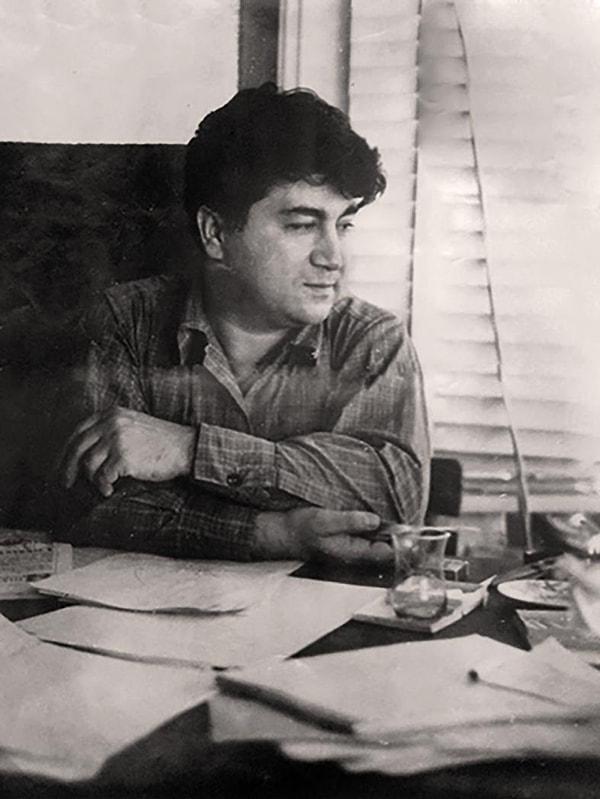
Nesin's prolific career spanned over half a century, and his impressive body of work includes more than 100 books translated into over 30 languages. From plays and novels to short stories and essays, his versatility as a writer is evident in the breadth and depth of his portfolio. However, Nesin is perhaps most celebrated for his biting satires, which often skewered societal norms and political ideologies.
Masterful Satire and Captivating Storytelling in Turkish Literature
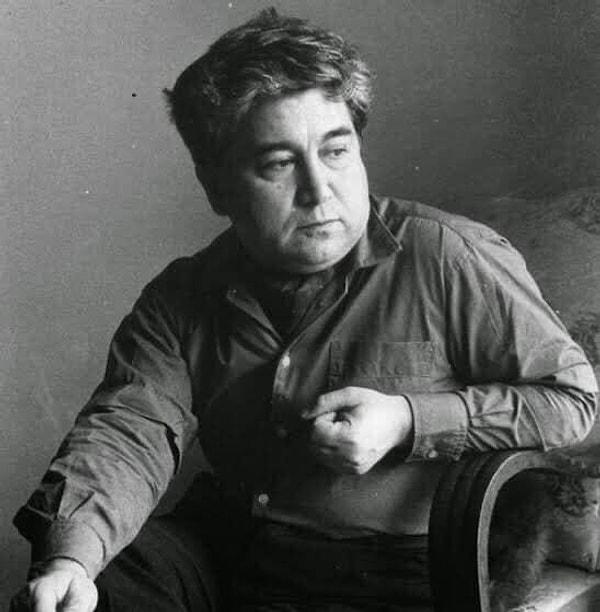
Aziz Nesin was a prolific author, and his literary oeuvre encompasses various genres. While it's impossible to list all his works given his extensive bibliography, here are some of his significant works:
'Hayvanlara Benzemeyen Insanlar' (1949)
'Kadın Olanlar' (1955)
'Güzel Bir Geceydi' (1954)
'Toros Canavarı' (1955)
'Yeşil Renkli Namus Gazı' (1956)
'Aşağıdan Yukarıya' (1956)
'Bir Koltuk Nasıl Devrilir?' (1957)
'Deli' (1957)
'Yedek Parça' (1961)
'Baba' (1961)
'Fil Hamdi' (1962)
'Zübük' (1962)
'Tosun Paşa Lala'sı' (1963)
'Bir Sürgünün Anıları' (1963)
'Ayışığı Sokağı' (1963)
'Memleketin Birinde' (1964)
'İt Kuyruğu' (1964)
'Anıtı Dikilen Sinek' (1965)
'Yüzbaşının Kıçı' (1965)
'Gölgede ve Güneşte Futbol' (1968)
'Azizname' (1972)
'Çiçu' (1972)
'Ah Biz Eşekler' (1977)
Many of his works are collections of short stories or satirical pieces. Nesin's writing style is often marked by wit, humor, and sharp social commentary, providing a critical look at society's flaws and the absurdities of life. Although his books are deeply rooted in Turkish culture, their themes are universal, making them appealing to a global audience.
Unmasking Hypocrisy and Catalyzing Social Change through Satire
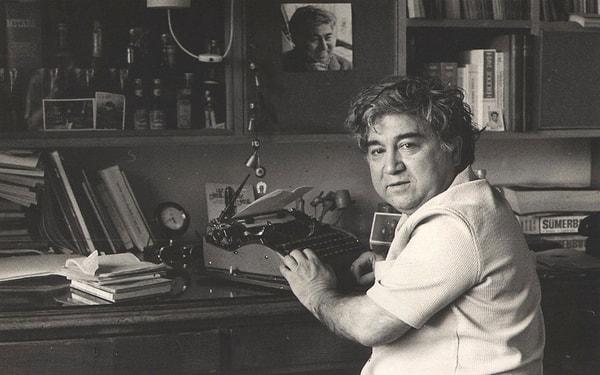
His work often tackled themes of social justice, poverty, and political corruption, revealing a deep empathy for the marginalized and a fierce spirit of resistance against injustice. His satire was not just a comedic tool but a powerful weapon of social criticism. In his writings, he unmasked hypocrisy and corruption, challenging his readers to question societal norms and political ideologies.
Empowering Lives and Building Hope Through the Nesin Foundation
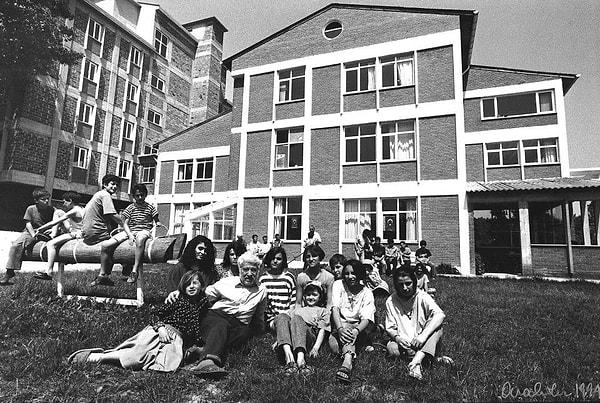
Apart from his writing, Nesin's legacy extends to his activism and philanthropy. In 1972, he established the Nesin Foundation, providing education and shelter to orphaned and disadvantaged children. Since its establishment in 1972, the Nesin Foundation has helped hundreds of children, providing them with not only a home and education but also instilling Nesin's values of social justice, intellectual freedom, and respect for diversity. Today, many of these children have grown into successful adults, contributing to society in various fields and carrying Nesin's legacy forward.
Humor and Artistic Philosophy
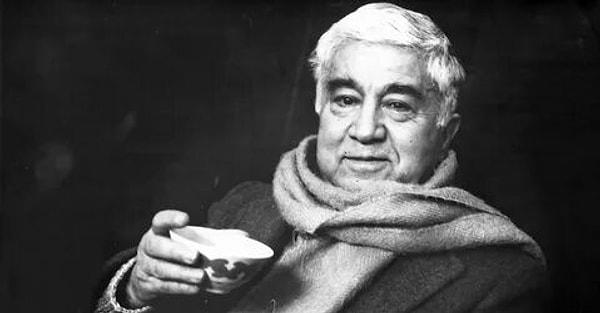
In an interview conducted by journalist Zeynep Oral for Milliyet Sanat Magazine, Aziz Nesin defined humor, the artist, and art as follows:
'...When I say humor, I mean humor that serves a beneficial purpose for the people... The factor that led me to become a humor writer was the conditions of that period. In short, humor is a form of expressing anger, resentment, and vengeance that arise from a life of deprivation and poverty... Not everyone who faces difficulties and suffering becomes a humorist, but these harsh conditions develop a person's sense of humor... As the necessary individual condition for the development of a humorist is apparent, humor is destructive. If a humorist can direct their resentments, hatred, malice, anger, and vengeance consciously towards a target that truly needs to be destroyed and use humor as a weapon for the benefit of the people, they become a positive destructive force... As a writer with class consciousness, one inevitably knows that they are controlled and that they are self-controlled. To control a writer or an artist who has class consciousness is beyond the authority of any politician or director... The function of art?... On this matter, I have thoughts that differ from others... Provided that an artist identifies themselves with their own class, the function of art is to exclude, affirm, and reveal oneself. Since they identify themselves with their class, by describing themselves, they also describe their class.'
A Literary Luminary and the Fourth Most Translated Turkish Author
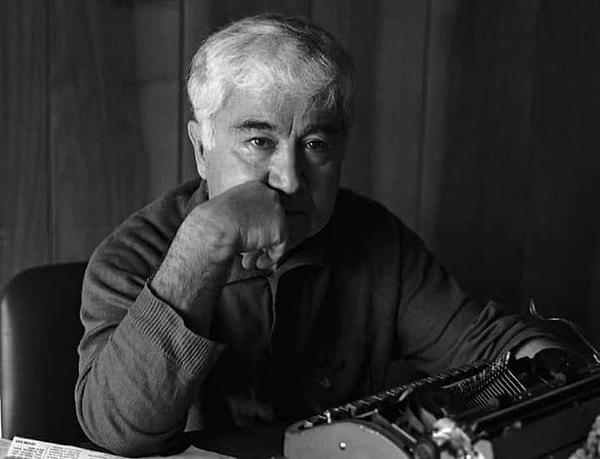
According to UNESCO's Index Translationum, which is a global translation bibliography, Aziz Nesin is the fourth most translated Turkish author, following Orhan Pamuk, Yaşar Kemal, and Nâzım Hikmet.
A Multifaceted Visionary Shaping Literature, Society, and Hearts
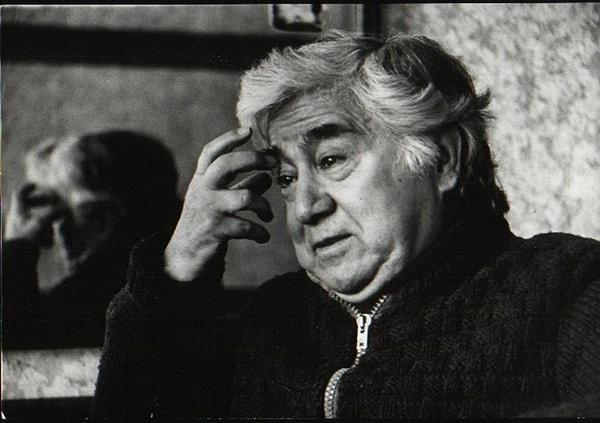
Aziz Nesin was not just a writer; he was a social critic, a philosopher, an activist, a humorist, and a humanist. His indelible contribution to Turkish literature and society continues to resonate, his voice echoing in the pages of his books and the hearts of those he touched. Through his satirical masterpieces and social work, Nesin reminded us of the power of words and actions in shaping society, a lesson that remains as relevant today as it was during his time.
Keşfet ile ziyaret ettiğin tüm kategorileri tek akışta gör!

Send Comment